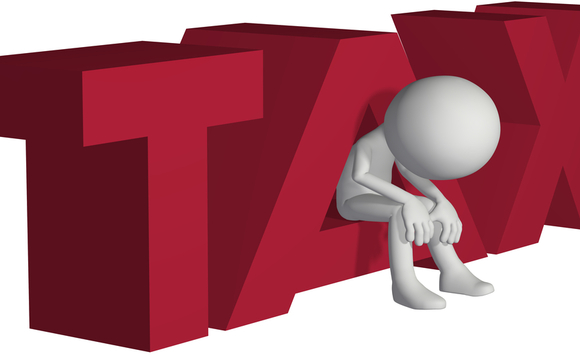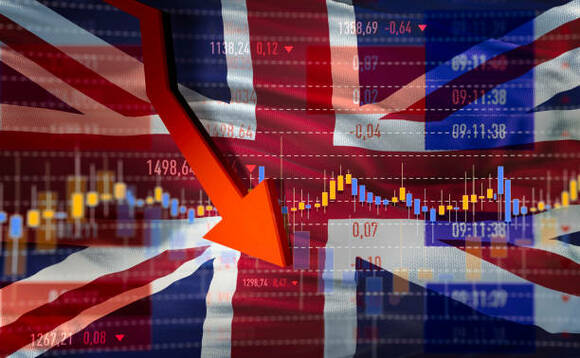The so-called ‘tax gap' measuring the difference between the tax HMRC expects to receive and the tax it receives hit £35bn in 2019/20, including an estimated £5.5bn 'loss' from tax evasion revenue.
As a percentage of overall liabilities, this gap rose year-on-year for the first time since 2013/14, from 5% to 5.3%, according to HMRC's ‘Measuring tax gaps 2021 edition - tax gap estimates for 2019 to 2020 - GOV.UK'
The biggest sources of lost revenue were Income Tax, National Insurance and Capital Gains Tax (£12.6bn), followed by VAT (£12.3bn), while tax evasion (£5.5bn) and criminal attacks (£5.2bn) combined accounted for nearly one third of the total.
Put another way, HMRC secured 94.7% of all tax due in 2019 to 2020, based on the 5.3% (£35bn) of total theoretical liabilities.
Tom Selby, head of retirement policy at AJ Bell, said: "Keeping the tax gap as low as possible is always a priority for HMRC, but an even greater light will be shone on the taxman's performance in light of the pandemic.
"At a time when public finances are strained, waving goodbye to £35 billion of tax revenue - a £2 billion increase on 2018/19 - is far from ideal.
"Worryingly, the tax gap when measured as a percentage of overall liabilities increased in 2019/20 - the year before lockdown measures were introduced - for the first time since 2013/14, suggesting HMRC's tax collection systems may have sprung a leak."
"Collecting the right amount of tax is not a perfect science, with errors and carelessness contributing to over £10 billion of lost revenue.
Selby added: "Small businesses who might be less likely to have sophisticated payroll systems to ensure the right tax is paid to HMRC at the right time remain by far the biggest tax black hole, representing over £15 billion (43%) in missing revenue.
"Criminal attacks and evasion contributed £10.7 billion, while the hidden economy accounted for £3 billion and avoidance £1.5 billion.
"Pressure will inevitably be on ministers to further clampdown on those who purposefully dodge paying tax to ensure public services don't suffer as a result."










